
In today’s fast-paced world, convenience is king. Supermarket shelves are lined with ready-to-eat meals, instant noodles, breakfast cereals, and packaged snacks, all designed to save us time and effort. But beneath their appealing packaging and long shelf life lies a serious health risk—ultra-processed foods (UPFs).

Studies show that over 50% of the calories in a modern diet come from ultra-processed foods, and consuming too much of them has been linked to obesity, diabetes, heart disease, and even early death. But why are these foods so harmful? And how can we make better choices for our health?
What Are Ultra-Processed Foods?
Ultra-processed foods are industrially manufactured products made with ingredients that you wouldn’t normally find in a home kitchen. These foods undergo multiple processing steps and contain artificial additives, preservatives, flavor enhancers, and refined sugars and oils to improve taste, texture, and shelf life.
Examples of ultra-processed foods include:
- Instant noodles and cup noodles
- Packaged snacks like potato chips and biscuits
- Sugary cereals and flavored yogurt
- Processed meats such as sausages, hot dogs, and canned meats
- Frozen ready-to-eat meals like pizza and chicken nuggets
- Soft drinks, energy drinks, and sweetened juices
These foods are designed to be hyper-palatable—meaning they are made to taste so good that they trigger cravings and overeating. But their effects on the body can be devastating.
Why Are Ultra-Processed Foods So Harmful?
- They Spike Blood Sugar and Increase Diabetes Risk
Ultra-processed foods are often packed with refined sugars and high-fructose corn syrup, which cause blood sugar levels to rise rapidly. This leads to insulin resistance over time, increasing the risk of type 2 diabetes.
Studies have shown that people who consume more UPFs have a higher risk of developing diabetes, even if they maintain a healthy weight.
- They Disrupt Metabolism and Promote Weight Gain

The combination of high sugar, unhealthy fats, and artificial flavorings in ultra-processed foods messes with your metabolism. These foods do not provide real nutrients, leading to poor satiety (feeling full) and encouraging overeating.
A study published in Cell Metabolism found that people who ate a diet rich in UPFs consumed 500 more calories per day than those who ate whole foods—leading to significant weight gain in just two weeks!
- They Increase the Risk of Heart Disease
Ultra-processed foods are often high in trans fats, sodium, and refined carbohydrates, all of which contribute to high blood pressure, cholesterol imbalances, and inflammation—key risk factors for heart disease and stroke.
A large-scale study in The BMJ found that for every 10% increase in ultra-processed food consumption, there was a 12% increase in the risk of heart disease.
- They Contain Harmful Additives and Preservatives
Many UPFs contain artificial sweeteners, colorings, and preservatives like MSG, nitrates, and emulsifiers that can negatively impact gut health, brain function, and even increase cancer risk.
For example, a study published in PLOS Medicine found that emulsifiers commonly used in processed foods may alter gut bacteria, leading to chronic inflammation and digestive disorders.
- They Are Designed to Be Addictive
One of the biggest dangers of UPFs is that they are created to keep you coming back for more. The food industry carefully formulates these products to maximize pleasure by combining sugar, fat, and salt in perfect proportions.
Neuroscientists have discovered that ultra-processed foods can activate the brain’s reward system in the same way as addictive drugs—causing people to crave them even when they are not hungry.

This is why it’s so hard to eat just one potato chip or one bite of ice cream—they are chemically engineered to be irresistible!
How to Reduce Ultra-Processed Foods in Your Diet
Now that we know the risks, what can we do to make healthier food choices? Here are some simple swaps and practical tips to help you reduce your intake of UPFs.

- Read Ingredient Labels Carefully
If a food product contains more than five ingredients, or has chemical-sounding names like “maltodextrin,” “monosodium glutamate,” or “partially hydrogenated oil,” it’s likely ultra-processed.
Instead, opt for foods with short, natural ingredient lists that you can recognize and pronounce.
- Cook More Meals at Home
Preparing your own meals allows you to control the ingredients and avoid unnecessary additives. Simple, home-cooked meals with fresh ingredients are always a healthier option.
If you’re short on time, consider batch cooking—preparing larger portions and storing them for easy meals throughout the week.
- Choose Whole, Minimally Processed Foods
The closer a food is to its natural state, the healthier it is. Focus on whole, unprocessed foods like:
- Fresh fruits and vegetables
- Whole grains like brown rice, quinoa, and oats
- Nuts and seeds
- Lean proteins like fresh fish, chicken, and tofu
- Swap Sugary Drinks for Water or Herbal Tea
Soft drinks, flavored coffees, and store-bought fruit juices are loaded with hidden sugars and chemicals. Drinking these regularly can lead to weight gain, insulin resistance, and fatty liver disease.
Instead, stay hydrated with plain water, herbal tea, or homemade infused water with lemon, mint, or cucumber.
- Plan Your Snacks Wisely
Instead of reaching for chips or biscuits, choose healthier snacks like:
- A handful of unsalted nuts
- Fresh fruit with Greek yogurt
- Whole-grain crackers with hummus or cheese
These options provide real nutrients without the harmful additives found in packaged snacks.
- Be Mindful of Marketing Tricks
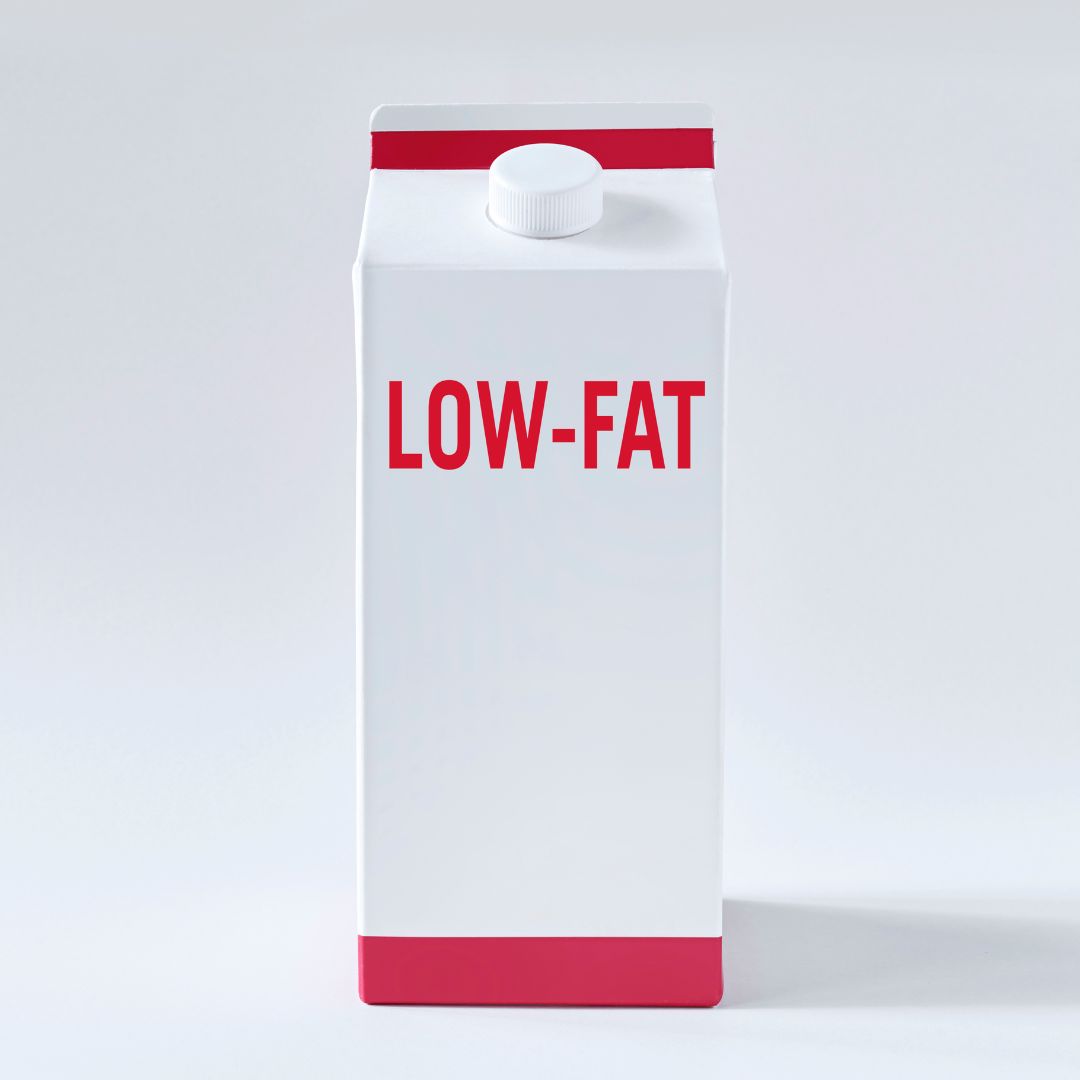
Many UPFs are disguised as “healthy” choices with labels like “low-fat,” “organic,” or “high-protein”, but they can still be ultra-processed.
For example, many “low-fat” yogurts and “healthy” granola bars contain added sugars and artificial thickeners. Always check the ingredient list rather than relying on front-of-pack claims.
Final Thoughts: Small Changes, Big Impact
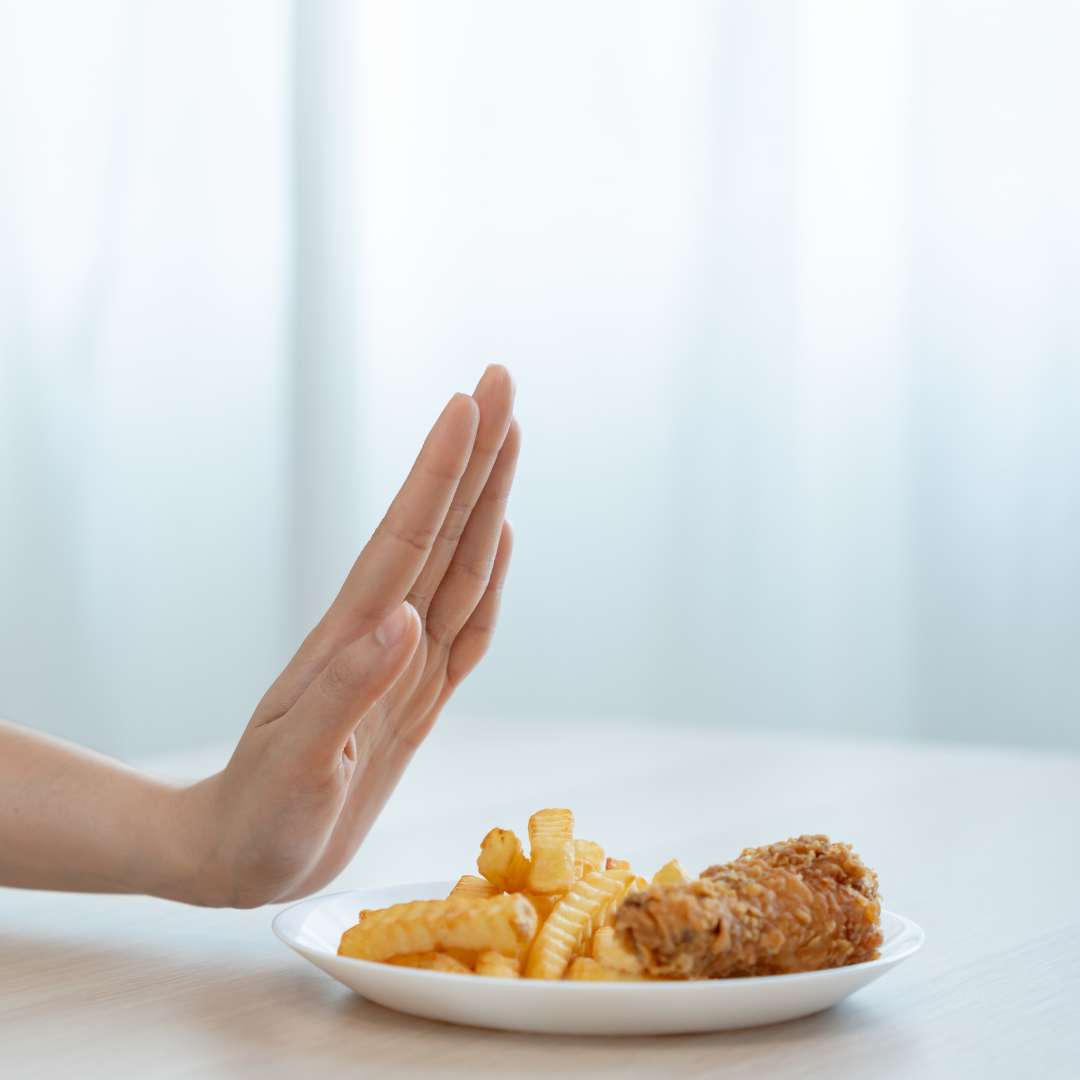
The truth about ultra-processed foods is alarming, but the good news is that small changes can lead to big improvements in your health. By making conscious food choices and focusing on real, whole foods, you can reduce your risk of chronic diseases and improve your overall well-being.
Instead of relying on quick-fix, heavily processed meals, take the time to nourish your body with wholesome, natural foods. Your health is an investment—choose wisely, and your future self will thank you. Prime Years, Prime Living
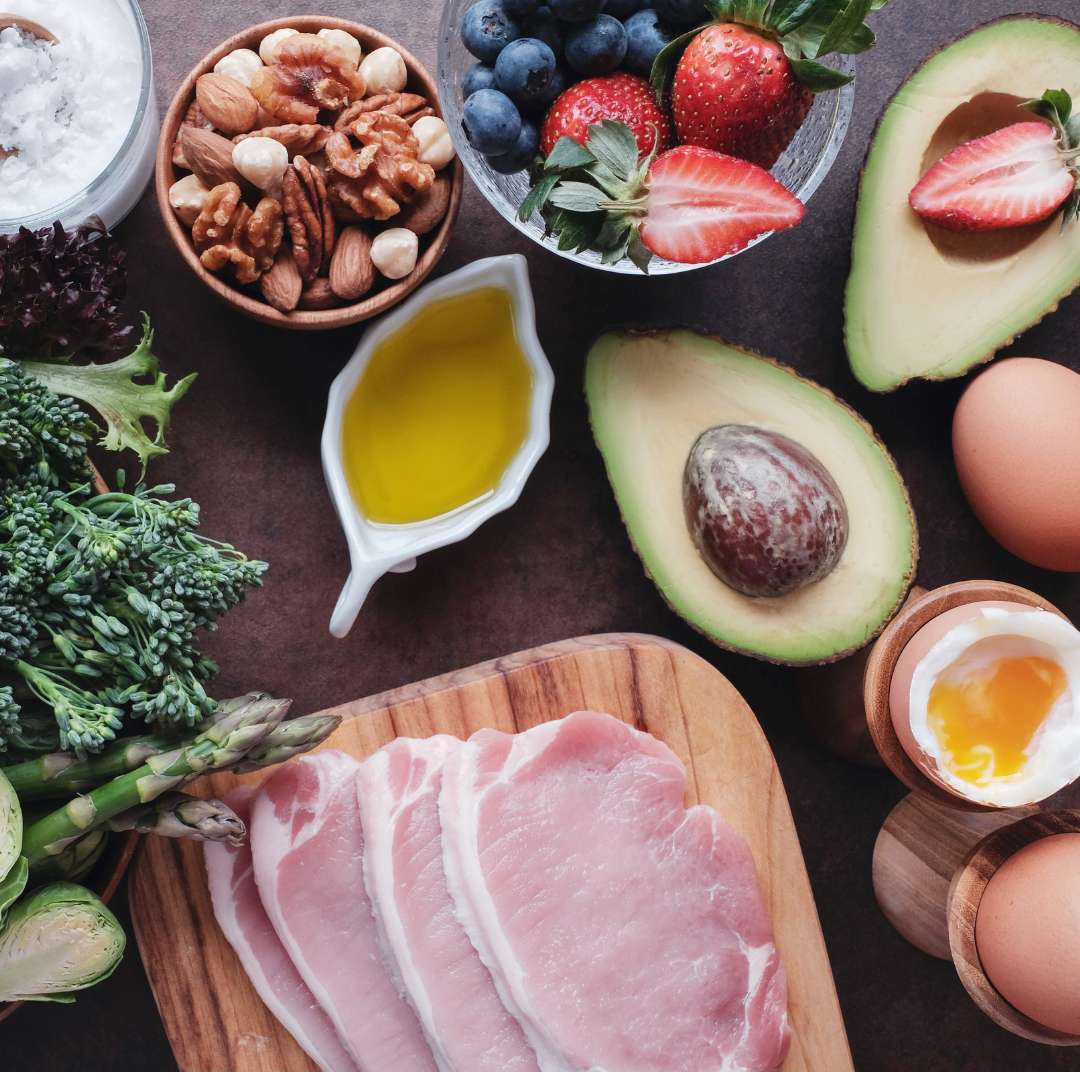








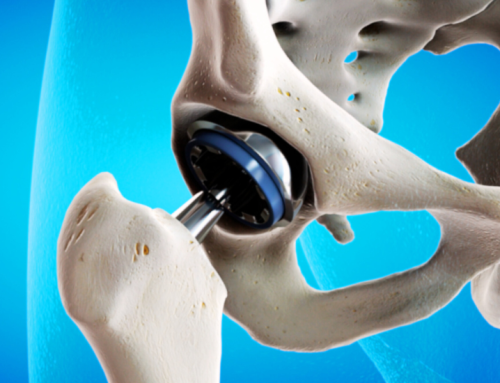

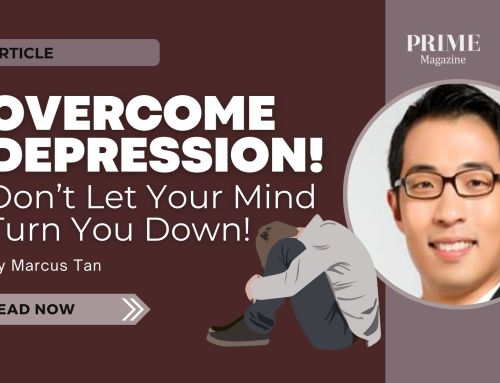

Leave A Comment